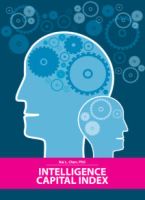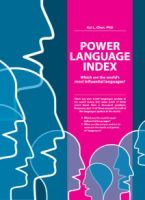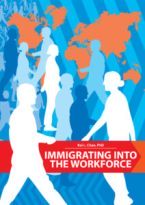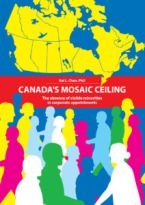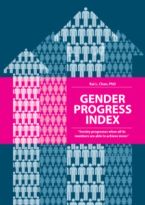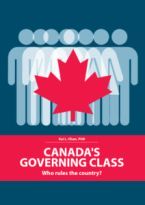
Ongoing quest to bridge the gender divide
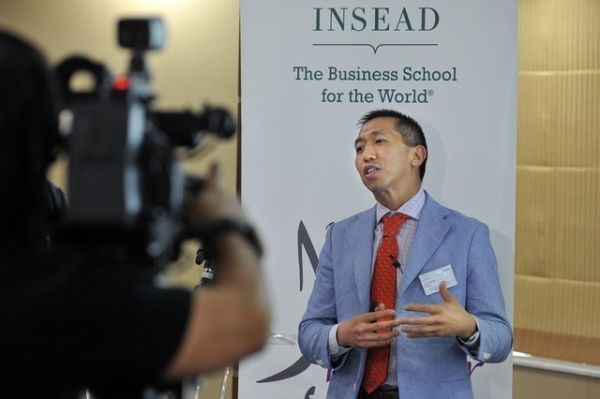
Ongoing quest to bridge the gender divide
Updated: March 13, 2017 06:18 PM
When we try to close the gender gap for women, we should remember that there are two genders and that both have gaps, says economist Kai Chan.
“Society progresses when both genders are able to maximise their outcomes,” says Mr Chan, author of the Gender Progress Index, a report released by Insead business school in Abu Dhabi to commemorate International Women’s Day.
“When we talk about gender there are two genders and both have gaps. It is about assessing which countries are doing the best at achieving the full potential of both sexes.”
Qatar is wealthy but there are still many differences between men and women, Mr Chan says.
The UAE – which was measured across all nationalities – came out best in the areas of health, politics and society.
Women make up 22.5 per cent of the UAE Federal National Council, including eight ministers, and two-thirds of the UAE Government workforce, according to Aisha Miran, assistant secretary general for strategy management and governance sector at the Executive Council of Dubai.
“For GCC countries to perform higher on the index, they need to ensure a more balanced development,” Mr Chan says. “Diversity in the region needs a diversity of solutions,” he adds, admitting that there are “systemic barriers” in the Mena region.
As part of the Gender Balance Programme, the UAE aims to become one of the world’s top countries for gender equality by 2021.
In the 2016 World Economic Forum (WEF) Global Gender Gap Report, the UAE ranked only No 124 out of 144. But Mr Chan says his measure is superior because it considers both the overall level of a country’s progress as well as the gap between the genders, taking an “agnostic view on female-male outcomes”.
That means countries like the Philippines and Nicaragua appear in the top 10, whereas Japan (ranked 111) does poorly because it has good but unequal prosperity.
“Would you prefer living in a society where everyone is equally underdeveloped or where it is unbalanced but highly developed?” asks Mr Chan.
The WEF has calculated that the world will not eliminate the gender gap until 2186. The figure was referenced by Helen Al Uzaizi, chief executive of entrepreneurship education company BizWorld UAE, in her speech at the Insead event.
Ms Al Uzaizi says it is difficult to be a woman in the Middle East. “We have made a lot of progress but an inclusive society still requires a lot of work,” she says. “I mentor at least two women a year. Wherever I can, I try to hire women – and I urge women in high positions to do the same.”
Khawla Al Serkal, director general of Sharjah Ladies Club, which allows female employees to bring their children to the on-site nursery, says both men and women are empowered in the “dynamic” UAE.
“It is important to understand the complexity around gender roles in a globalised world, in order to develop different strategies to minimise gender gaps,” says Miguel Sousa Lobo, director of Insead’s Middle East campus.
“Male shortcomings are just as bad as female shortcomings as, in either case, society loses when half its population is not realising its potential.”
Copyright The National 2017

